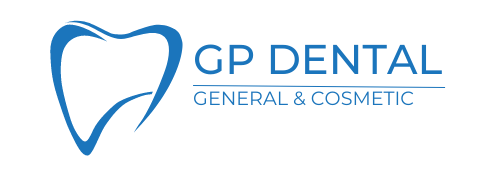Do you have a sore jaw?
Jaw pain can be ranging from a mildly uncomfortable, dull ache to a debilitating condition affecting your ability to eat and speak. Symptoms can include:
- facial pain
- frequent headaches
- sharp or shooting pain while chewing
- clicking or popping when moving the jaw
- tenderness or tension
- jaw stiffness, making it hard to open your mouth
Jaw pain can intensify over time, and identifying the cause is usually the first step to treating it.
What causes sore jaws?
- Teeth grinding or clenching are the most common causes of jaw pain, and can also cause severe damage to your teeth (also see “Discoloured, chipped, worn or crooked teeth?”. A lot of people grind their teeth at night and may therefore not be aware of it, or they clench their jaws in stressful situations.
- Temporomanibular joint and muscle disorder (TMD) is a common cause of jaw pain. The temporomandibular joint (TMJ) are the joints on either side of your jaw, allowing jaw movement (see “Difficulty eating?”). When the TMJ becomes damaged it can cause pain, difficulty while chewing, and difficulty opening or closing your jaw. Other than grinding and clenching, arthritis or trauma (e.g. getting hit by something) can cause damage to the TMJ and the muscles controlling jaw movement.
- Other causes of jaw pain include cluster headaches, sinus problems, tooth pain linked to tooth infections, trigeminal neuralgia, and a heart attack (especially women may experience jaw pain during a heart attack).
What should I do when I have sore jaws?
To determine the cause of your jaw pain, see your dentist. In the meantime, there are several things you can do to relieve sore jaws:
- Over-the-counter pain relievers can help to reduce soreness.
- Massaging the sore areas can relieve some tension.
- Applying heat or ice packs (covered in a cloth) on the sore areas for 10 minutes can relieve pain. Heat helps to relax the tight muscles, whereas an ice pack will reduce inflammation.
Long term habits to reduce the soreness of the jaws can include stress reduction techniques (if your problems are caused by grinding or clenching) such as yoga or meditation. Other strategies include the avoidance of chewy foods to relieve the jaw joint, and the avoidance of caffeine, which may contribute to muscle tension.
